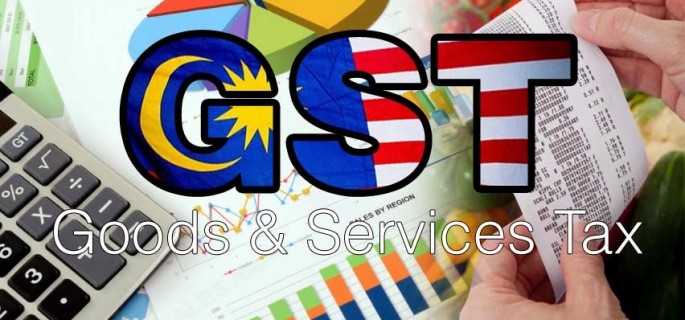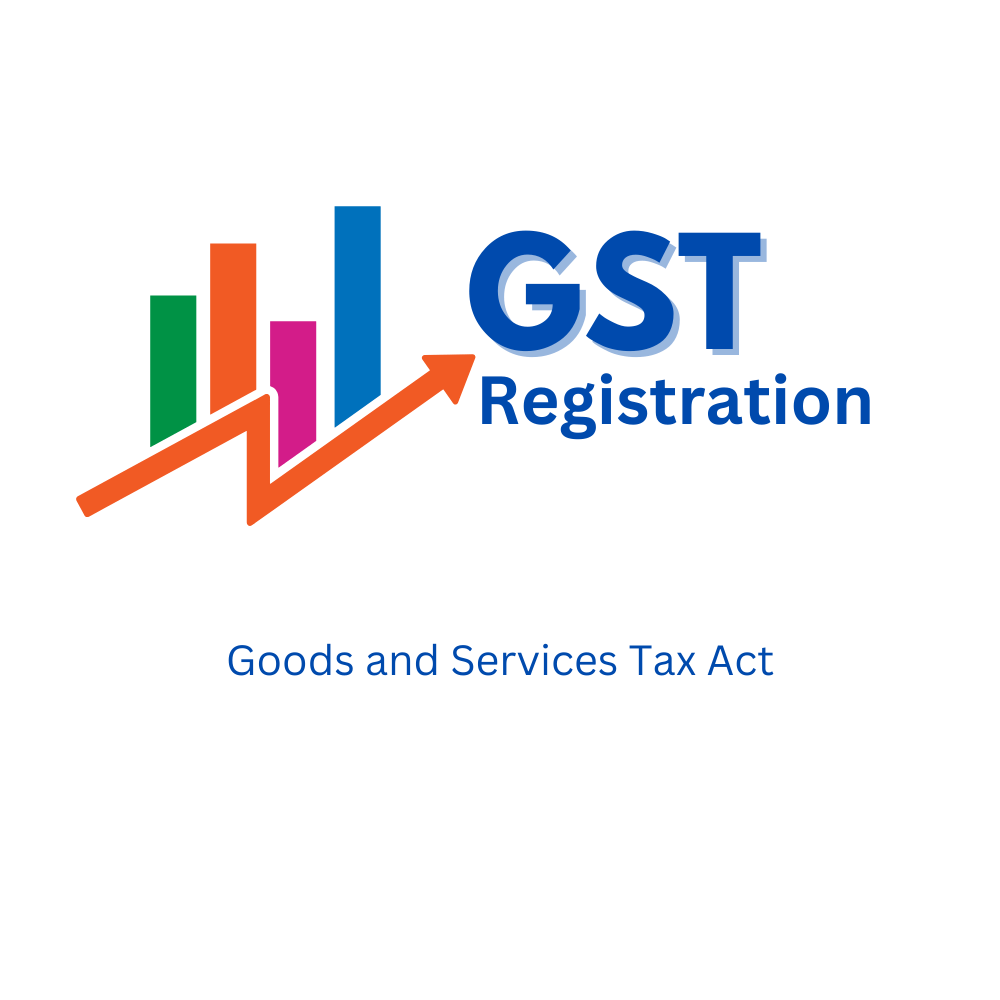Comprehensive Guide to the Best GST Registration Services in Singapore
Comprehensive Guide to the Best GST Registration Services in Singapore
Blog Article
From Beginning To End: The Ultimate Roadmap to GST Registration for Businesses Looking For Financial Stability
Navigating the complexities of Item and Services Tax (GST) enrollment is a vital step for services pursuing financial stability. From understanding the basic principles of GST to abiding by post-registration standards, the process can seem intimidating in the beginning look. Nevertheless, breaking down the roadmap into convenient actions can streamline the enrollment journey for services aiming to enhance their monetary standing. Allow's discover the vital parts that comprise this best roadmap and discover exactly how each stage contributes to laying a solid structure for economic success.
Recognizing GST Basics
Delving right into the basic concepts of Product and Solutions Tax Obligation (GST) is essential for acquiring an extensive understanding of its ramifications on companies and the economic climate. GST is a value-added tax levied on most goods and services for residential usage. It has replaced numerous indirect tax obligations that existed in the pre-GST era, simplifying the tax obligation framework and enhancing ease of doing business in India. Under the GST system, both products and solutions are exhausted at a particular rate, which is determined based upon their classification. Companies are required to sign up for GST if their annual turn over goes beyond the threshold limit set by the federal government. Input Tax Credit (ITC) is a substantial feature of GST, permitting businesses to assert credit history for tax obligations paid on inputs, minimizing the overall tax obligation concern. Understanding the essentials of GST is vital for services to adhere to tax laws, handle their funds effectively, and add to the nation's economic growth by getting involved in a clear tax system.
Qualification Criteria for Enrollment
As of the current regulations, the threshold limit for GST registration is a yearly accumulation turn over of 40 lakhs for businesses running within a state, except for special category states where the restriction is 20 lakhs. Furthermore, particular services are called for to register for GST regardless of their turnover, such as interstate suppliers, casual taxed individuals, and companies responsible to pay tax under the reverse fee device. It is essential for companies to extensively evaluate their turn over and purchase types to determine their GST registration responsibilities properly.
Documents Needed for Registration
Having actually met the qualification requirements for GST enrollment, services should currently guarantee they have the requisite documents in area to continue with the registration process effectively. The files needed for GST registration usually consist of evidence of service constitution, such as collaboration action, registration certificate, or consolidation certification for various kinds of organizations. In addition, companies need to give documents establishing the primary area of business, such as a rental contract or electricity expense.
Step-by-Step Enrollment Refine
Commencing the GST enrollment process involves a collection of structured actions to ensure a certified and seamless registration for services. The very first step is to check out the helpful resources GST portal and submit the enrollment form with precise information of business entity. Following this, the candidate obtains a Short-lived Reference Number (TRN) which is utilized to return to the application process if it's not finished in one go.
Following, all required papers based on the checklist supplied by the GST portal demand to be submitted. These papers usually include evidence of service identity, enrollment and address proofs of marketers, monetary statements, and business entity's frying pan card.

Post-Registration Compliance Standards

Conclusion
To conclude, organizations seeking monetary stability should recognize the essentials of GST, meet qualification standards, gather essential documents, comply with the step-by-step registration procedure, and follow post-registration standards - Best GST registration services in Singapore. By sticking to these steps, companies can guarantee compliance with tax regulations and keep monetary stability in the lengthy run
In addition, particular organizations are needed to register for GST irrespective of their turn over, such as interstate providers, casual taxed individuals, and companies liable to pay tax obligation under the reverse cost system.Having satisfied the qualification Read Full Article standards for GST registration, organizations have to currently guarantee they have the requisite documents in place to proceed with the enrollment process effectively. The records needed for GST enrollment generally include evidence of organization constitution, such as partnership act, registration certificate, or consolidation certification for various types of services. Additionally, services need to supply documents establishing the principal place of organization, such as a rental contract or electrical power expense.Starting the GST registration procedure involves a series of organized actions to guarantee a compliant and smooth registration for organizations.
Report this page